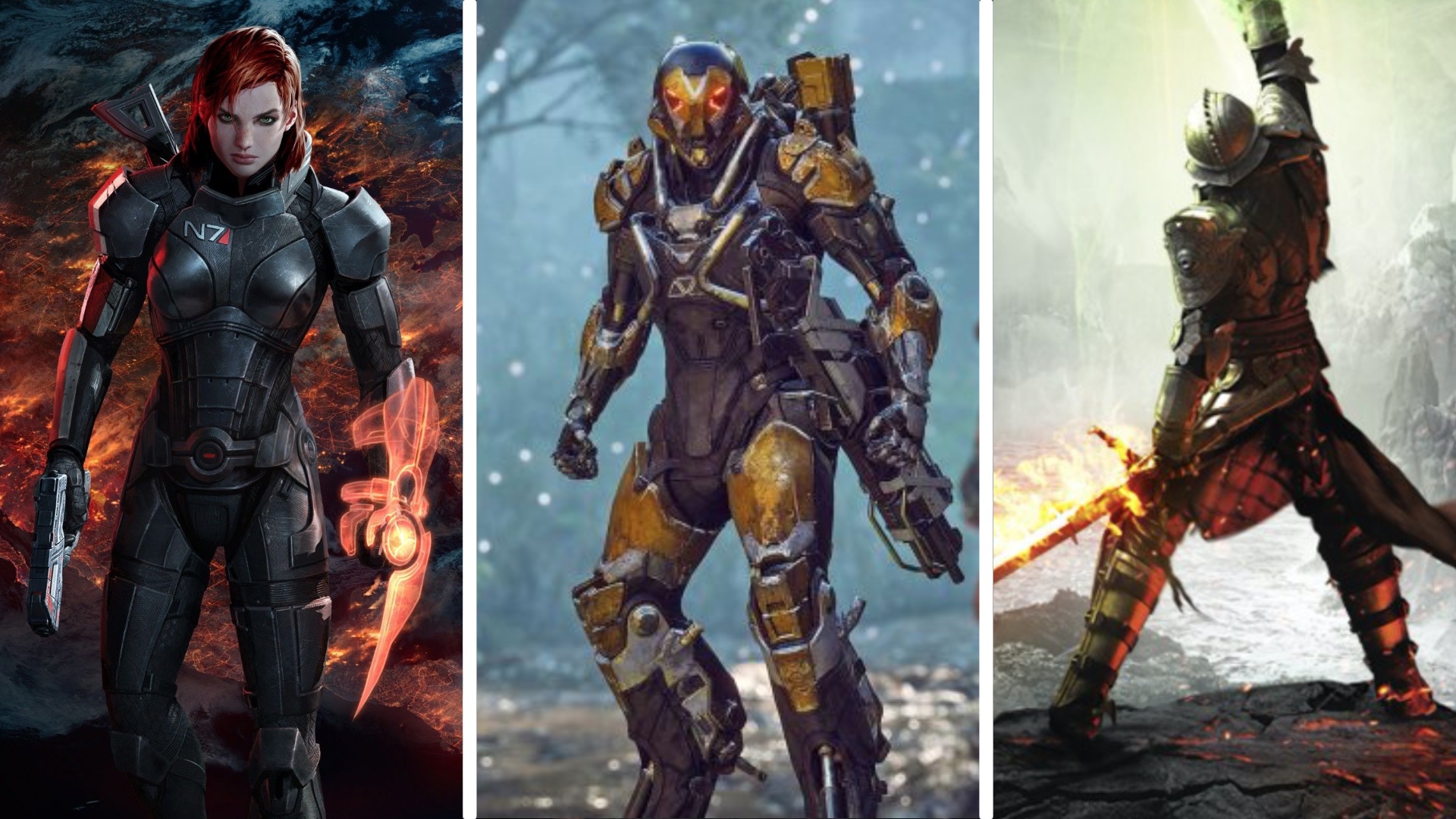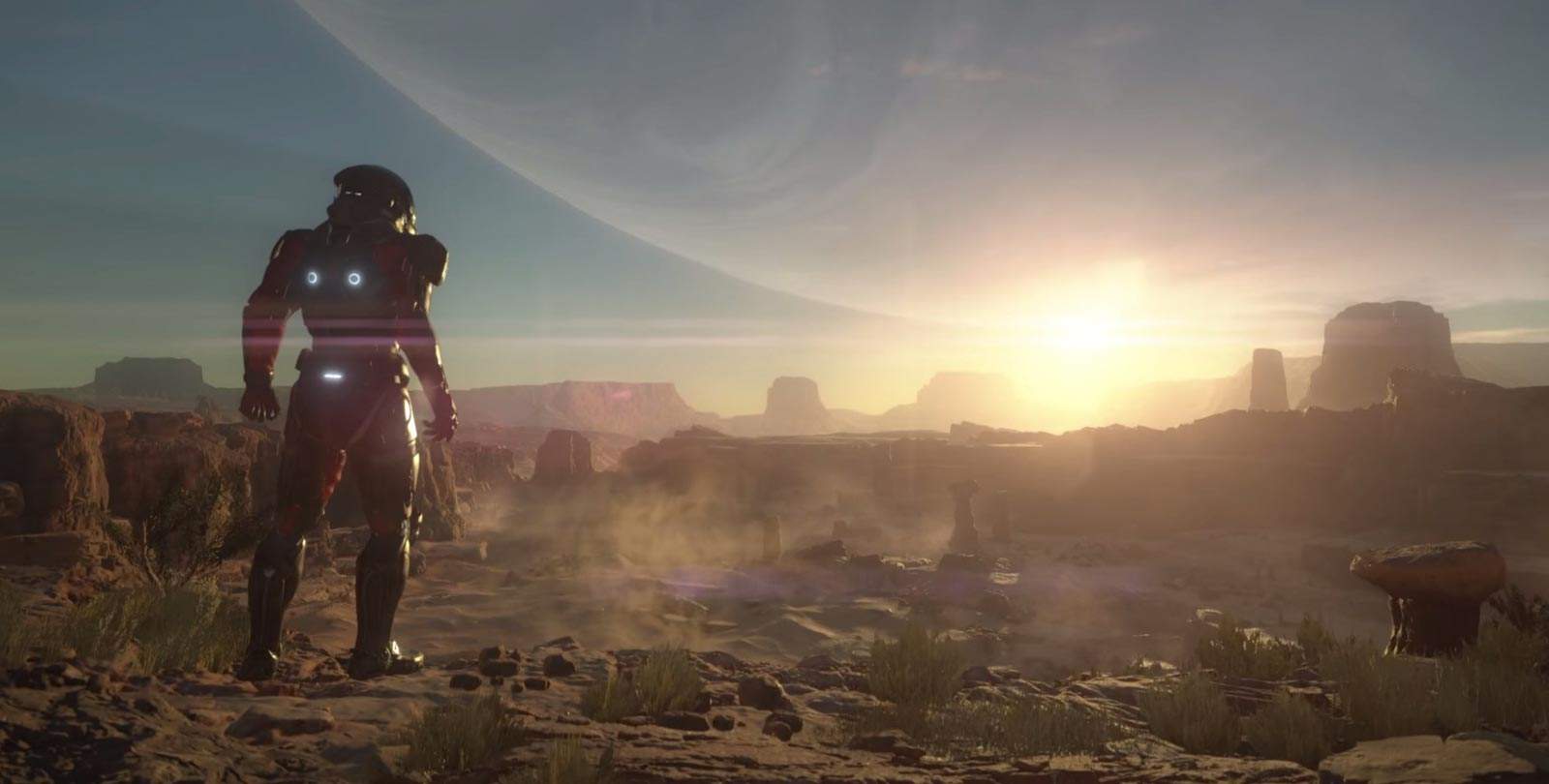When the Mass Effect trilogy came to a close, Bioware found themselves at an impasse. They could carry on with a franchise that put them on the map, divert more resources toward its fantasy sister franchise Dragon Age, or create a brand-new Intellectual Property (IP). While the truth of it all may be a lot more complicated than that, Bioware essentially split their cards in two. Without any prior experience on the franchise, the company had one of their smaller studios pour everything into a brand-new Mass Effect title. The main studio, however, then started work on what would become Anthem, a last-minute name added to a game that was slapped together during the final year of its promised development cycle. Since launch, the game has garnered copious amounts of negative reception – so much so that Bioware has vowed to fix the game. However, I think this is a bad idea and the Anthem 2.0 update proves how little Bioware learned from previous mistakes.
Bioware General Manager, Casey Hudson, recently confirmed the rumours of a possible Anthem overhaul. Hudson released an official update on the official Anthem website, detailing how the game desperately needs to be fixed. In the post, Hudson mentions how the game’s biggest issues require “substantial reinvention” – basically a lot of changes need to happen. In the next several months, Anthem will be reworked into Anthem 2.0. During this time, monthly events will instead be replaced with new seasonal content, while the team figures out what they really want to do with the game. This should be a great news for any Bioware fan to hear, but it also shines a very bright spotlight on one of Anthem’s biggest issue: how quickly Bioware denounced Mass Effect: Andromeda. The recent Anthem announcement confirms the studio never really cared about Andromeda – at least, that is how it feels.
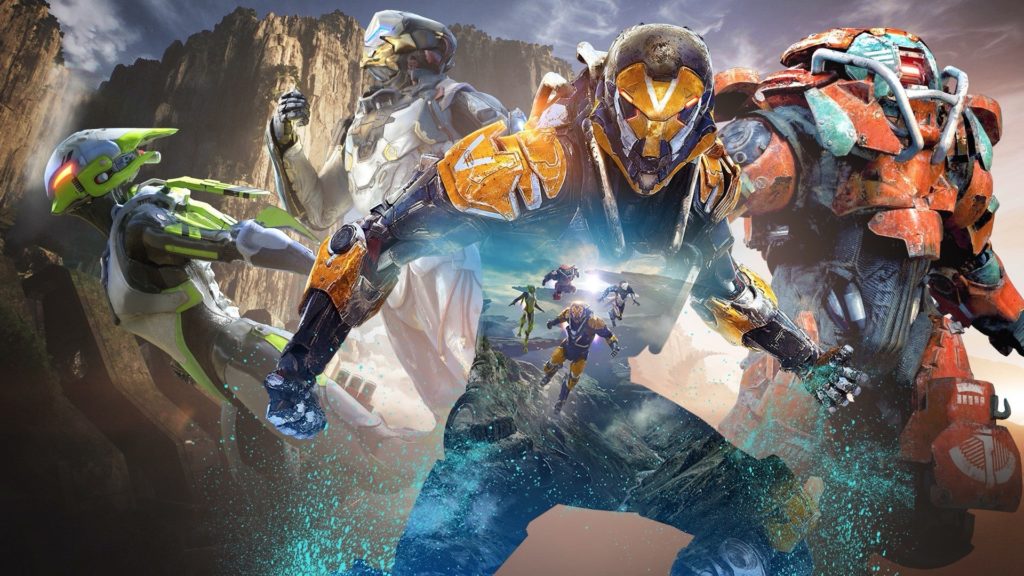
Plenty of games have rough starts. Destiny, Final Fantasy XIV and No Man’s Sky instantly come to mind. Thankfully, perseverance, dedication and massive amounts of developer love, sweat, and tears, managed to turn the games around and showcase to the world just how much the they can offer. Today, Destiny 2 features its strongest-ever player base, while Final Fantasy XIV is in its heyday in terms of content releases and active player counts. No Man’s Sky, on the other hand, just enjoyed its biggest major title update and enjoys a player base that is so active, their wonderful creations and stories have been spilling into the r/gamers subreddit regularly. The success stories above are clear indications of how reworking a failed game is a noble cause. However, the game Bioware decided is deserving of this treatment shows how little they learned, particularly if you take into account how many of their other recent projects have gone down the same path – Andromeda included.
It is safe to say that Anthem was the clearest and most showcased title of the company’s recent failings. However, we can all agree that the downhill start originated from Dragon Age: Inquisition. Dragon Age: Inquisition was an incredible title. It introduced a bunch of new – and very welcome – mechanics to am ageing franchise. It featured an incredible story and plot, with several characters that you simply could not go without by the end of the campaign. For this, the game won many deserving awards.
As wonderful as the game remains to this day, however, it has one glaring fault: a horrible open-world laden with fetch quests and time-wasting collections. Instead of focusing on the already-impressive narrative, the game would much rather let you spend hours-on-end doing menial things. Even the Elder Scrolls V: Skyrim featured randomly generated “dynamic quests” with more heart than in Inquisition. Menial questing aside, the company had a genuine hit on their hands – a hit they would try and replicate for a franchise long-thought finished.
Mass Effect: Andromeda was for all intents and purposes, Inquisition in Space. Andromeda featured a whole new cast of characters in a brand-new section of space. It continued off from the canon of the second Mass Effect game, and launched a brand-new adventure that genuinely sparked the interest of many fans. Alas, it was not enough to cull the hype it generated before launch. Not only did the game feel identical to Dragon Age: Inquisition, it had a spate of new problems. Stiff animation and wonky facial designs (which were admittedly fixed in good time), among many game-breaking bugs, ultimately divided the fanbase and brought the original dissenters back into the fold on social media. It was so bad, in fact, that Bioware decided to pull all means of support for the game less than one year into its shelf life!
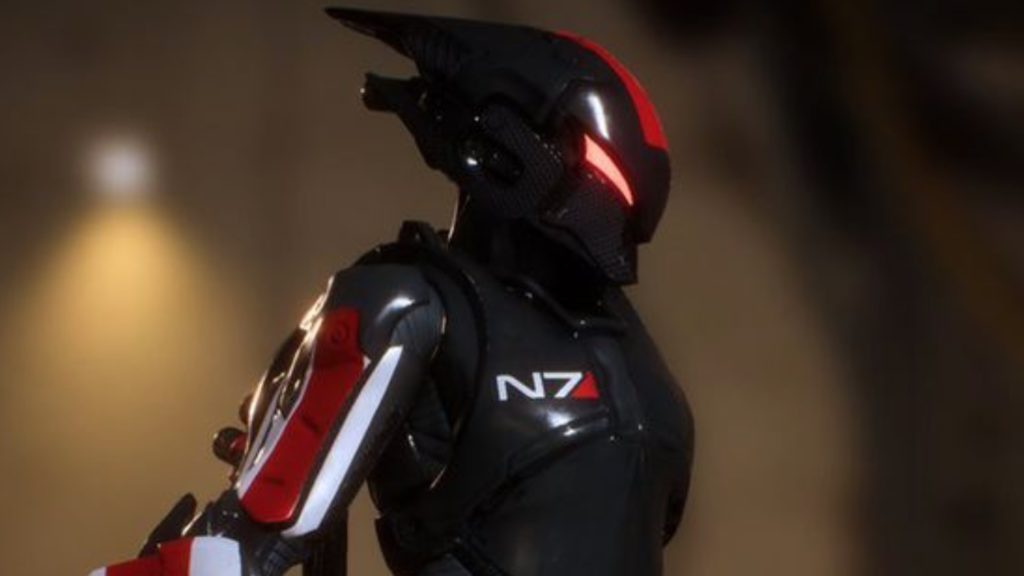
While many gamers were disappointed by Bioware’s stance on the title, and many hoped it would be revitalised. Unfortunately, it never was and fans were given something else entirely: Anthem. A brand new game like nothing Bioware had ever made before.
With the advent of live updates and Bioware publisher Electronic Arts wanting a clear push into the multiplayer space, it came as no surprise just how much of a departure Anthem was when compared to previous Bioware titles. Anthem was Bioware’s attempt at a live game, where live updates would come out regularly, and seasonal events would dictate the future of the game with new content. The game took on looter/shooter design aspects, where players could focus on replayable gameplay loops in a rich and interesting world. Alas, the delivered product was no more than a Destiny wannabe title with boring gameplay and even worse narrative value outside of its core campaign. To be fair, the game has a strong story and an interesting premise. It just falls short of keeping gamers hooked and, depending on your play style, can become boring incredibly fast.
One year after Anthem’s botched launch, and Bioware has gradually managed to get themselves into a worse position than before. The promising title has hardly received any updates in the thirteen months since release. Major title update deadlines have been missed on several occasions, and just recently, the game’s Cataclysm update, which was meant to reinvigorate player interest, ended up as a bit of a dumpster fire. Naturally, Bioware figured they would come up with a new plan to get the ball rolling in their favour once again. However, instead of reflecting on the error of their ways and returning to a game that worked from the get-go with an established fanbase, one that only needed a tiny bit of sprucing up, they decided to throw all of their money at Anthem – a one game no one was playing any longer – except for Hans, apparently.
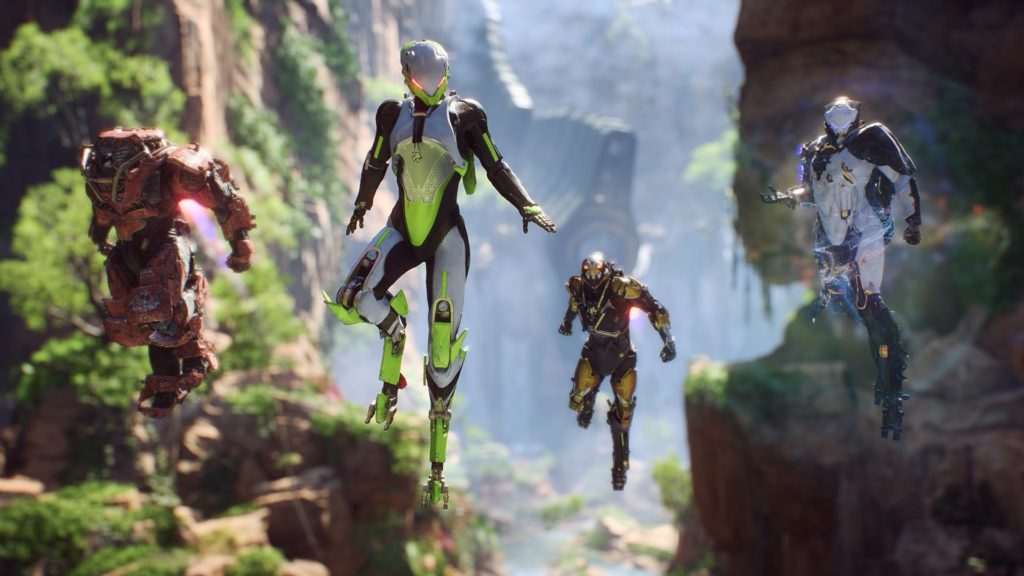
What Bioware chooses to do is really up to the studio. However, I think the biggest issue with the announcement is lack of conviction the developers seem to have. One would think that three triple-A titles into the downward spiral, Bioware would re-assess their priorities and focus solely on Anthem 2.0, a game they know fans would have no issues getting back into. For years now, we have known about the existence of a fourth Dragon Age title. Bioware has even gone so far as to tease the game on multiple occasions – rumours suggest an E3 2020 announcement! This begs the question: why not just throw everything you have at this game instead? Why keep your resources split, and try to reinvent the wheel once more, by using the remnants of a cube that refused to work in the first place?
A common solution to Bioware’s current problems often focus on how the studio should make Dragon Age into the ultimate franchise. Streamline it into something more akin to Dragon Age II, with elements everyone loved from Dragon Age: Origins; while adding a few bits and bobs that made Inquisition great. Alternatively, Bioware could always just focus on bringing an old beloved franchise back. However, rumours suggest Bioware are not the ones working on it. Other solutions, of which I am more inclined, involve finishing the franchise that never was: Mass Effect: Andromeda. You know, that one game that ended up pretty good, even with all of its faults? The game people are still modding and playing to this day, hoping for a sequel that will finally answer the wonderfully intriguing questions the original brought to light? Instead, Bioware thought that dedicated months (if not years) of work and resources into salvaging a game you can get for less than a fraction of its original cost would be best for all of their remaining fans. This showcases just how far down the hill they have fallen, and how badly they are struggling to get back up.
I am by no means privy to the internal machinations at Bioware, and have even less of an idea of what goes into game development. I have, however, been a gamer and consumer of every single major disappointment Bioware has released in recent years. Anthem was the straw that broke the camel’s back in this regard. Instead of removing the straw and freeing the camel, it appears as if the studio would rather polish the straw.
No matter how much Bioware screws up, I will forever remain a fan thanks to the wonderful stories they have brought into my life – I grew up on Bioware games, after all. I am worried, however, about what the future of the company holds. I am concerned about what this means for the next Dragon Age game and the company’s strange focus on fixing a game that includes disappointing microtransactions and easily-designed gameplay loops. At least to me, it feels as if they are doubling down on their biggest mistakes. The Anthem 2.0 update proves how little Bioware learned, and fans should be worried.
Junior Editor at Vamers. From Superman to Ironman; Bill Rizer to Sam Fisher and everything in-between, Edward loves it all. He is a Bachelor of Arts student and English Major specialising in Language and Literature. He is an avid writer and casual social networker with a flare for all things tech related.

